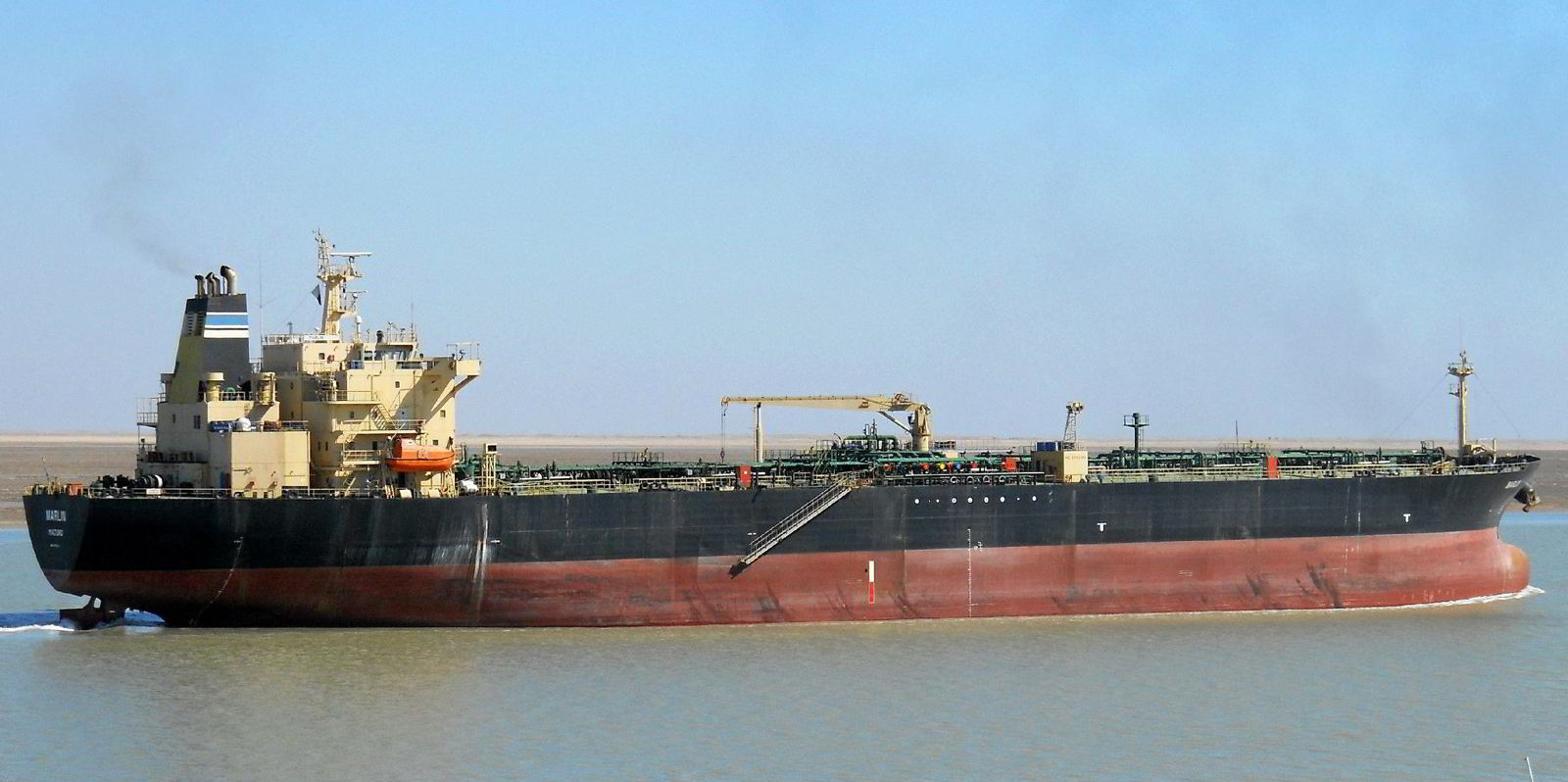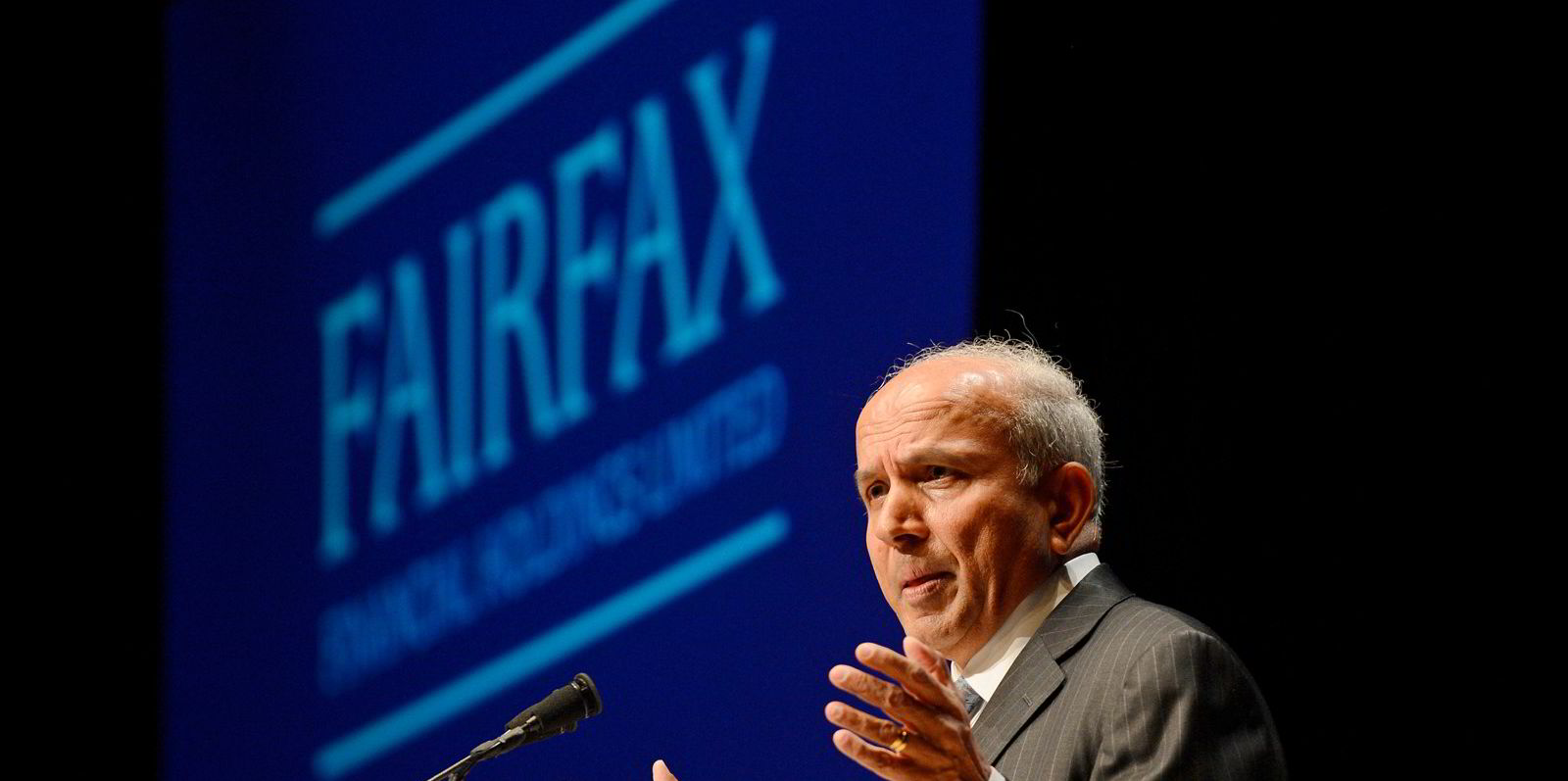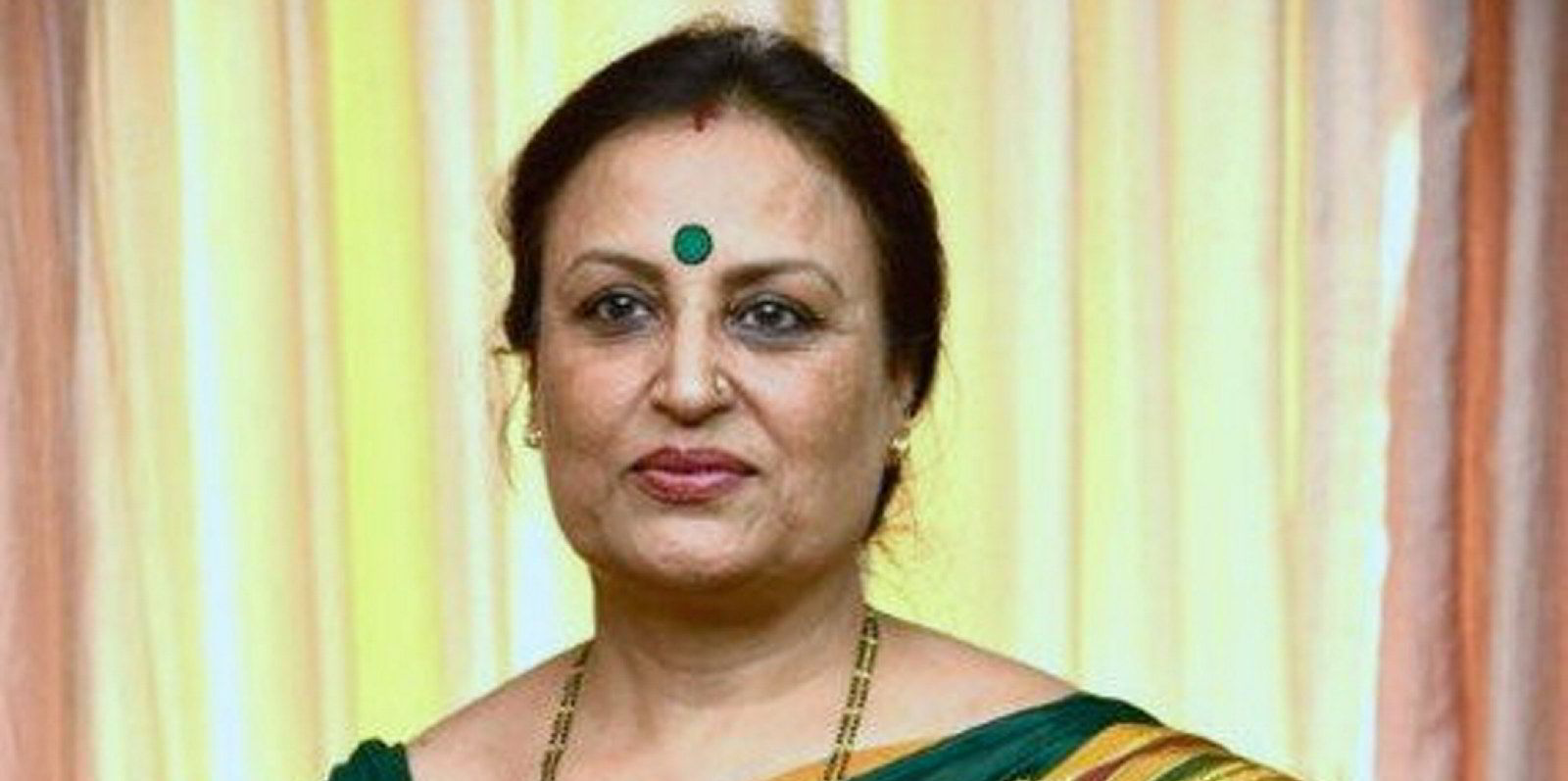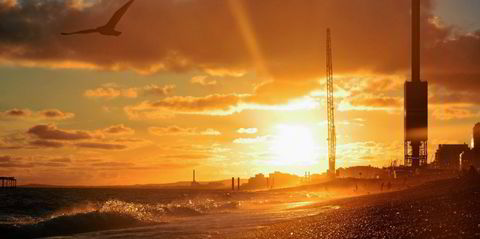Indian-Canadian tanker owner Seven Islands Shipping is fighting off legal claims totalling $18.8m over a deadly 2018 tanker explosion ahead of a planned initial public offering.
Seven Islands' bid to limit liability comes as it offers $82m-worth of existing and fresh equity on the Mumbai Stock Exchange. Some $55m of that would go to the company, in part to fund a move into the VLCC sector.
The outfit is also thought to be planning to bid for the fleet of Shipping Corp of India in its long-awaited privatisation. A public equity platform could be a step towards enabling such a bid.
The owner has asked the High Court of Gujarat to allow it to set up a limitation of liability fund of $6.8m as a cap for damages and salvage costs from the January 2018 explosion and fire on board the 46,000-dwt Genessa (built 2000).
Kandla port authority has made claims for INR 1.36bn ($18.8m) against Seven Islands and cargo owner Bharat Petroleum.
Court documents suggest Deendayal Port Trust, which operates the port, looks likely to oppose the liability cap.
Seven Islands' negotiations with the port appear to have hit a wall. Filings in connection with the planned IPO reveal that the shipowner and Bharat Petroleum chose not to show up at a September 2020 mediation meeting with the port trust.
"The mediation was a non-starter," Seven Islands told investors.
Limitation of liability after such an incident would be routine in many jurisdictions. But it is a comparative novelty in India, and shipowners and their insurers are said to be reluctant to pursue such actions there.
One crew death and 26 evacuated
The long-since scrapped MR2 tanker was on a voyage from Mumbai carrying 30,000 tonnes of diesel when it suffered a fire on 17 January 2018 outside Kandla port. Twenty six crew members were evacuated, with one fatality, and a two-day effort to prevent the cargo igniting largely closed port operations.
According to reports at the time, Resolve Marine was appointed under an Lloyd's Open Form contract and was expected to spend a month removing the cargo safely. The ship was entered with the American Club for protection and indemnity cover.
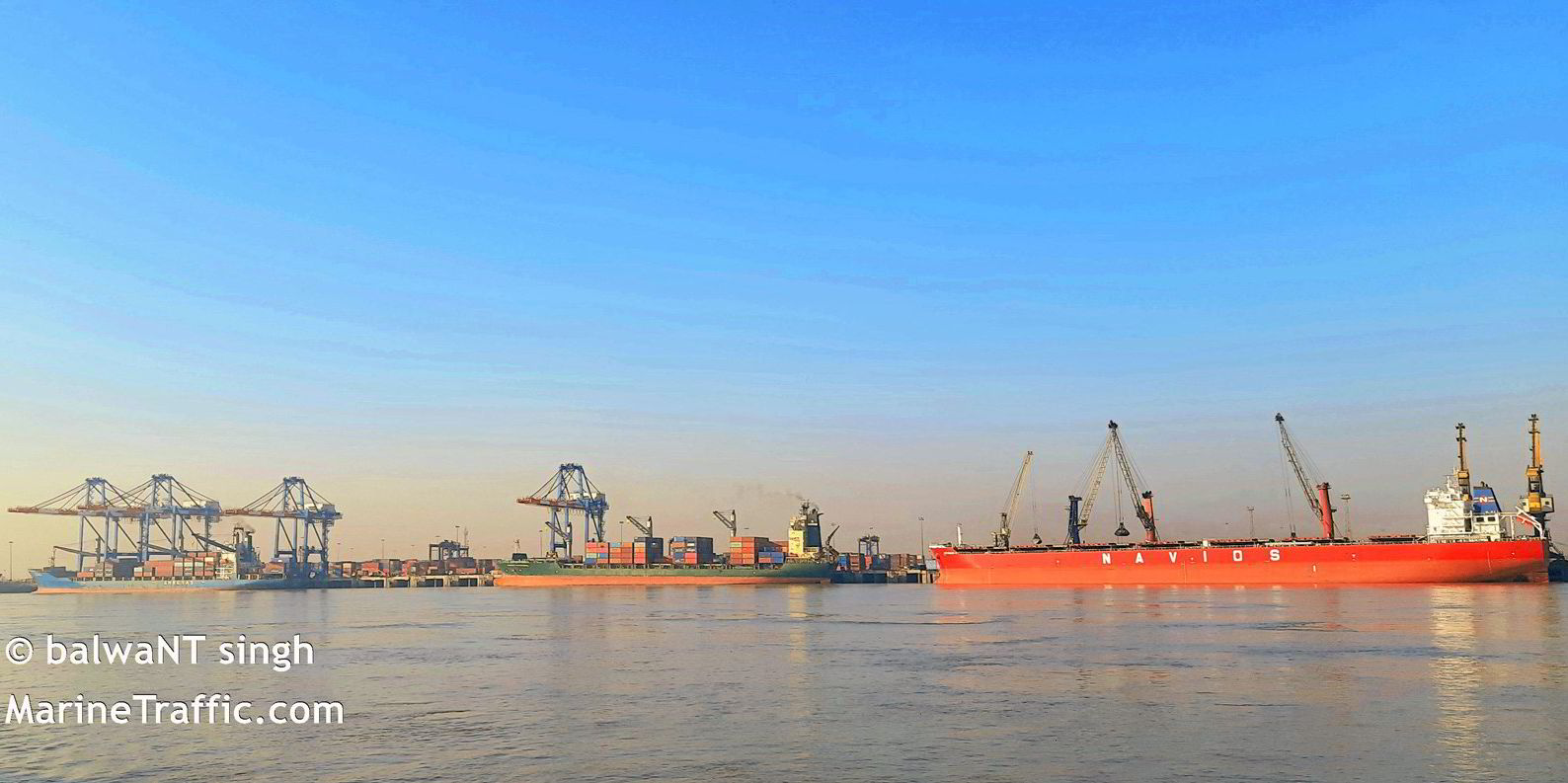
The bid to cap liability covers not only the port authority's claims against Seven Islands and Bharat, but "all persons who could in future make a claim".
Seven Islands is controlled by founder Thomas Wilfred Pinto and his wife with a combined share of 51%, and Canadian billionaire Prem Watsa with just under 49%.
Officials of Seven Islands and the American Club did not immediately respond to requests for comment.
Not always comfortable
Gujarat maritime lawyer Shashank Agrawal of SSA Legal said limitation of liability is seldom seen in India — but that it was a positive move that should be heard there.
"It should be welcomed by most owners looking to limit liability in India," he said.
Others agreed that shipowners and their insurers still tend to avoid limitation cases in India where possible, with the result that Indian courts and lawyers have less experience with such procedures.
India is a signatory to the 1976 Convention on Limitation of Liability for Maritime Claims and a 1996 protocol amending it, but has not codified all parts of the convention in its own maritime statutes, according to Mumbai maritime lawyer Zarir Bharucha, which has led to uncertainties.
"Limitation cases are largely driven by P&I and hull insurers, who are not always comfortable with the thought of litigation in India and prefer if possible to seek limitation of liability in other, more user-friendly jurisdictions," Bharucha told TradeWinds.
That is changing, in part as a result of a 2015 ruling in a limitation case in which Bharucha represented Murmansk Shipping. The case involving damage to project cargo led to the arrest of the 22,900-dwt multipurpose carrier Yuriy Arshenevskiy (built 1986).
Bharucha said the ruling in the Murmansk case had clarified some of the issues and called it "a safe guide" to limitation of liability as practised in India. But he acknowledged that the procedure remains "very rare".
